No residence
●
A child (including an adopted child) aged under 18 who holds leave to enter or remain with a view to settlement with a parent, parents or a relative who is a settled person and resident in the UK can apply for ILR.
● A parent, grandparent or other dependant relative aged 18 or over of a person who is a settled person and resident in the UK can apply for ILR
● were given permission to come to the UK for up to 27 months or to extend his/her stay for two years as the husband, wife, civil partner, unmarried partner or same-sex partner of a permanent resident (even if that permission is no longer valid) were still in that relationship at the time they came to the UK orextended their stay as their husband, wife, civil partner, unmarried partner or
same-sex partner.
● can produce evidence that the relationship has broken down permanently since then as a result of domestic violence.
2 years’ Residence
● A person who has lived in the UK for 2 years with temporary permission to remain in the UK as the husband, wife, civil partner or unmarried/same-sex partner of a British citizen or a settled person and who intends to continue living together (and are still married or in a civil partnership, if applicable) can apply for ILR as long as he/she arrived in the UK or applied for permission to stay in the UK on or before 8 July 2012.
● Note that a person living in the UK as the husband, wife, civil partner or unmarried/same-sex partner of a British citizen or a settled person who either arrives in the UK or applies for permission to stay in the UK on or after 9 July 2012 must live in the UK for 5 years (and not 2 years) to obtain ILR (see below).
4 years’ Residence
● A person who has lived in the UK for 4 years with a visa issued before 3 April 2006 under the Highly Skilled Migrant Programme (HSMP) and Employment Not Requiring Work Permit can apply for ILR.
● A commonwealth citizen who has served in the British Armed Forces for a minimum of four years: after leaving the Army can apply for ILR.
5 years’ Residence
● A person who has lived in the UK for 5 years with a visa issued in one of the following categories can apply for ILR:
● Tier 1 or Tier 2 of the points-based system (excluding the Post-study work category of Tier 1)
● work permit
● businessperson
● innovator
● investor
● representative of an overseas newspaper, news agency or broadcasting organisation
● private servant in a diplomatic household
● domestic worker in a private household
● overseas government employee
● minister of religion, missionary or member of a religious order
● airport-based operational staff of an overseas-owned airline
● self-employed lawyer
● writer, composer or artist
● UK ancestry
● highly skilled migrant under the Highly Skilled Migrant Programme (HSMP)
A person who has lived in the UK for 5 years with a visa issued in one of the following categories can apply for ILR:
● retired person of independent means
● sole representative of an overseas firm
● A person who has been granted humanitarian protection since 30 August 2005 and whose current 5-year permission to stay is due to expire can apply for ILR (Protection Route).
● A person who has lived in the UK for 5 years under the Gateway Protection Programme can apply for ILR..
● A person who has lived in the UK for 5 years with temporary permission to remain in the UK as the husband, wife, civil partner or unmarried/same-sex partner of a British Citizen or a settled person and who intends to continue living together (and are still married or in a civil partnership, if applicable) can apply for ILR, as long as he/she arrived in the UK or applied for permission to stay in the UK on or after 9 July 2012. For those who arrived in the UK or applied for permission to stay in the UK on or before 8 July 2012, a 2-year period of residence (instead of 5 years) applies (see above).
6 years’ Residence
A person who has lived in the UK for 6 years with Discretionary Leave can apply for ILR
10 years’ Residence
A person who has lived in the UK for 10 years continuously can apply for ILR on the ground of ‘long residence’ as long as all time spent in the UK during the 10 years has been lawful, and he/she has not left the UK for more than 540 calendar days in total (18 months), or more than 180 calendar days (6 months) at one time In ‘compelling or compassionate circumstances’, the Home Office can exercise discretion over any excess absences over the threshold. If the person has gaps in lawful residence during the 10-year period, ILR can still be granted as long as each gap did not exceed 28 days and ended before 24 November 2016, or in ‘exceptional circumstances’ where the gap exceeded 28 days, or where there was a ‘good reason beyond the control of the applicant or their representative’ if the gap did not exceed 14 days and ended on or after 24 November 2016
7 years’ Residence
A person aged under 18 who has lived in the UK for 7 years continuously (lawfully or unlawfully, but discounting any period of imprisonment) can apply for leave to remain on the grounds of private life if it would not be reasonable to expect the applicant to leave the UK. During the 7-year period of continuous residence, the person must not have left the UK for more than 540 calendar days in total (18 months), or more than 180 calendar days (6 months) at one time. After living in the UK for 10 years continuously (holding leave to remain on the grounds of private life during this period), he/she can apply for ILR.
19–22.5 years’ Residence
A person aged between 18 and 25 who has lived in the UK for at least half of his/her life (lawfully or unlawfully, but discounting any period of imprisonment) can apply for leave to remain on the grounds of private life. During the period of continuous residence, the person must not have not left the UK for more than 540 calendar days in total (18 months), or more than 180 calendar days (6 months) at one time. After living in the UK for 10 years continuously (holding leave to remain on the grounds of private life during this period), he/she can apply for ILR.
30 years’ Residence
A person who has lived in the UK for 20 years continuously (lawfully or unlawfully, but discounting any period of imprisonment) can apply for leave to remain on the grounds of private life. During the 20-year period of continuous residence, the person must not have not left the UK for more than 540 calendar days in total (18 months), or more than 180 calendar days (6 months) at one time. After living in the UK for a further 10 years continuously (holding leave to remain on the grounds of private life during this period), he/she can apply for ILR. Alternatively, a person who has lived in the UK for less than 20 years continuously (lawfully or unlawfully, but discounting any period of imprisonment), but faces very significant obstacles to integrating into the country to which he/she would have to go if required to leave the UK, can apply for leave to remain on the grounds of private life. During the period of continuous residence, the person must not have not left the UK for more than 540 calendar days in total (18 months), or more than 180 calendar days (6 months) at one time. After living in the UK for a further 10 years continuously (holding leave to remain on the grounds of private life during this period), he/she can apply for ILR.
Outside the Immigration Rules
UK Visas and Immigration has discretion to grant ILR outside the Immigration Rules either where someone qualifies under one of the immigration policy concessions or for reasons that are particularly compelling in circumstance and it is almost certain that there will be no change in circumstances within five years


